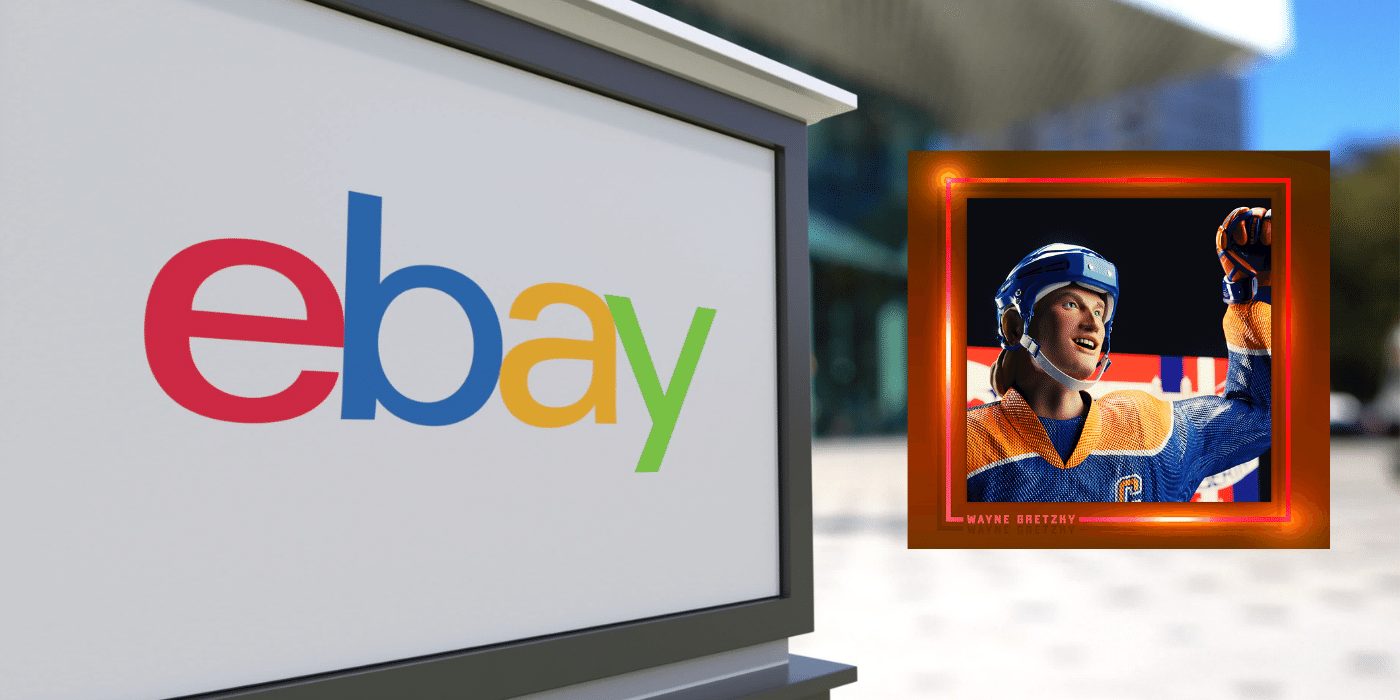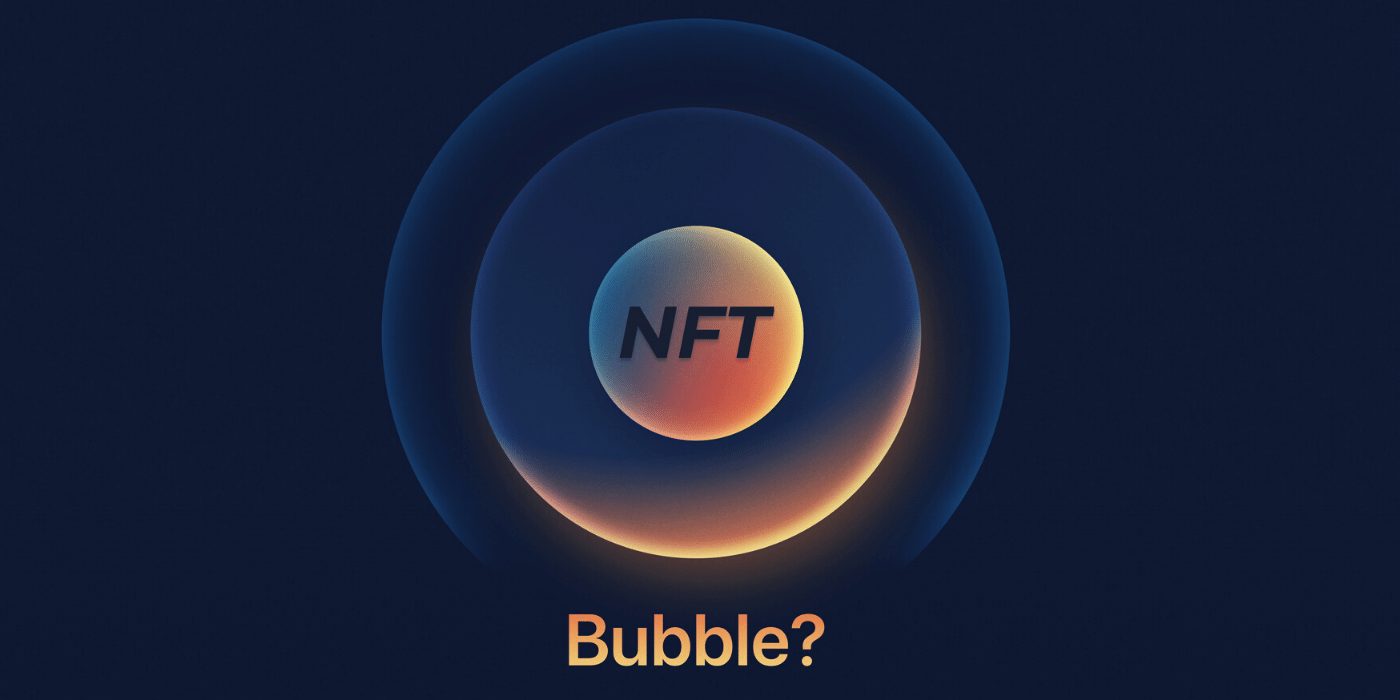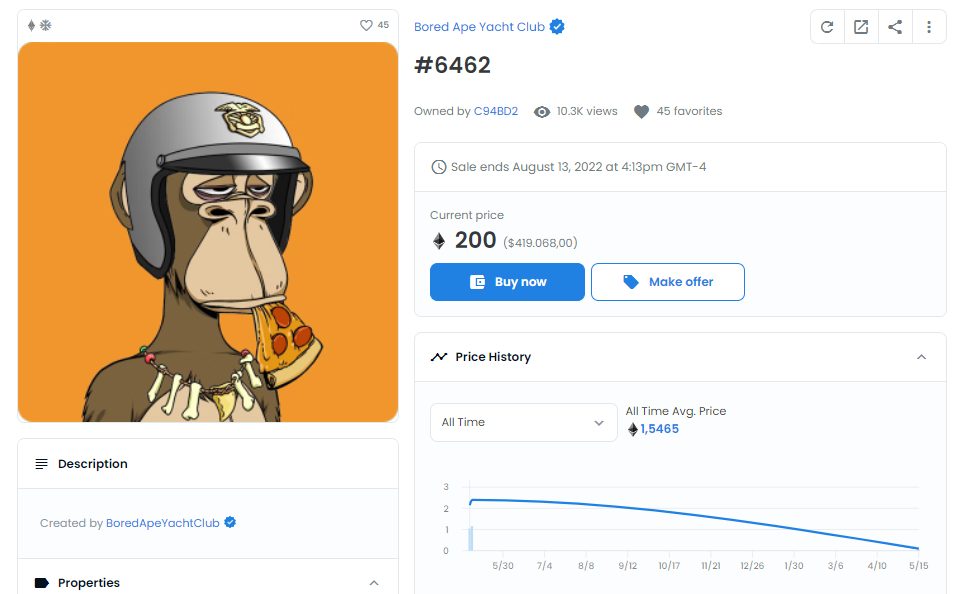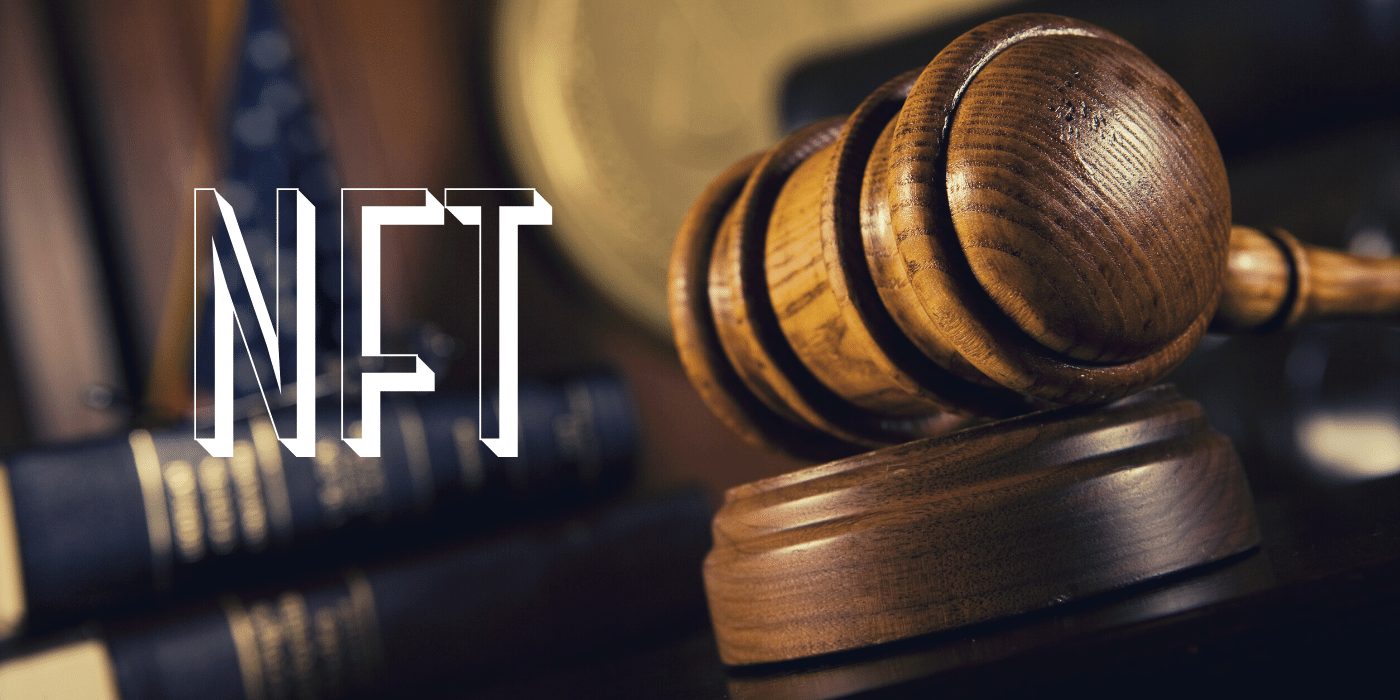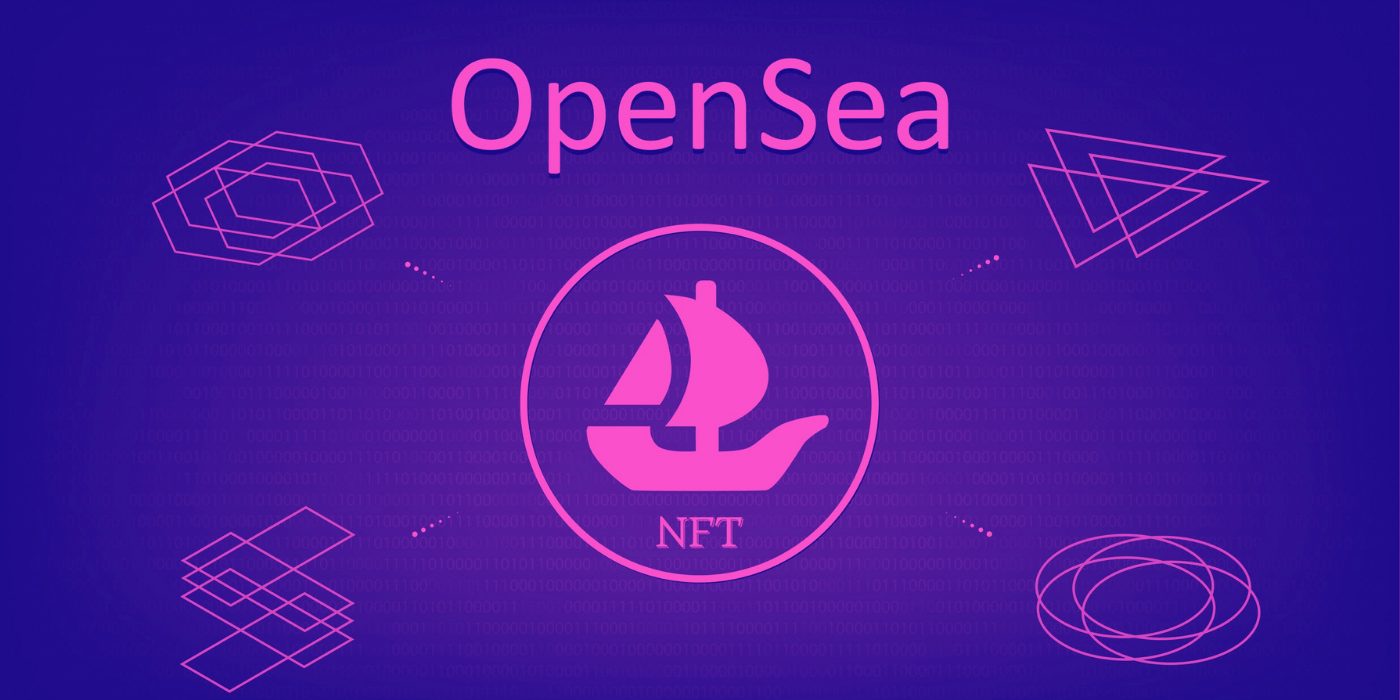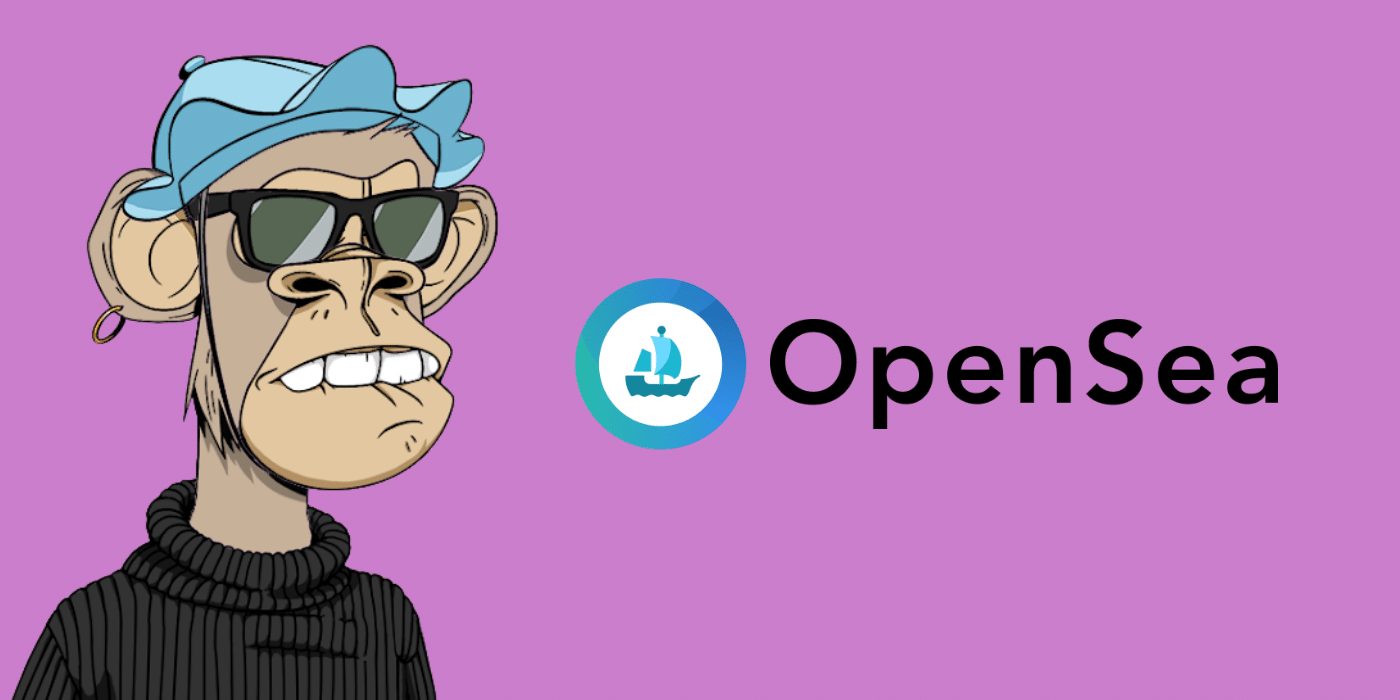Popular e-commerce website eBay has announced the release of its debut collection of NFTs, a hockey-themed drop in partnership with Tezos- and Polygon-based NFT platform OneOf.
The release marks the marketplace’s first foray into digital collectibles after it had been teasing the concept for some time now:
NFTs a Year in the Making for eBay
eBay officially announced its interest in digital collectibles in May 2021 after CEO Jamie Iannone had foreshadowed the possibility of integrating into the world of NFTs and cryptos. In September 2021 eBay said it would allow the sale of NFTs on its platform and in March this year, Iannone suggested that eBay would start accepting crypto payments later that month.
eBay’s NFT collection will involve digital collectibles of popular athletes such as Canadian former ice hockey player Wayne Gretzky. Each athlete will have four tiers – green, gold, platinum, and diamond – with the green tier including NFTs as cheap as US$10.
The firm has said it intends to release more NFT collections of high-profile athletes over the rest of the year. Prices of the NFTs range up to US$1,500 and are purchasable via the same fiat payment methods as the platform’s other physical items.
“Through our partnership with OneOf, eBay is now making coveted NFTs more accessible to a new generation of collectors everywhere,” said Dawn Block, eBay’s vice president of collectibles, electronics and home, in a statement. “This builds on our commitment to deliver high passion, high-value items to the eBay community of buyers and sellers.”
OneOf is built on the Tezos and Polygon blockchain, which both use a proof-of-stake consensus mechanism.

